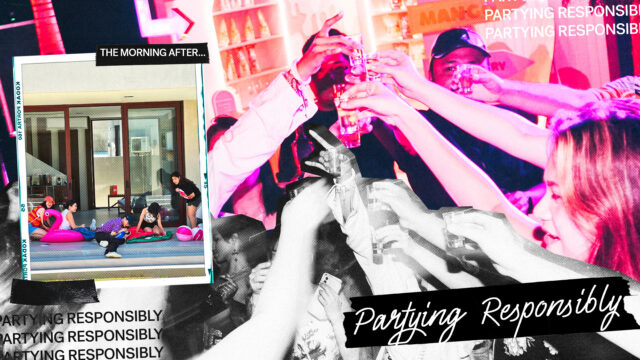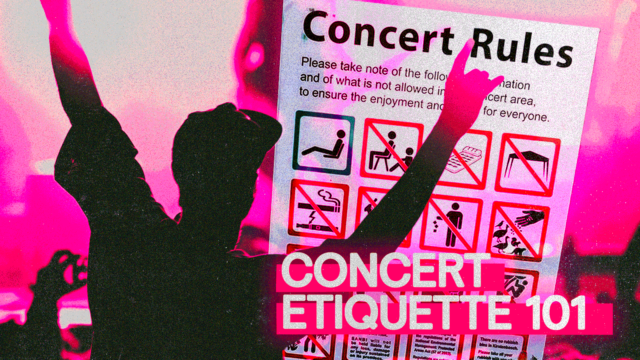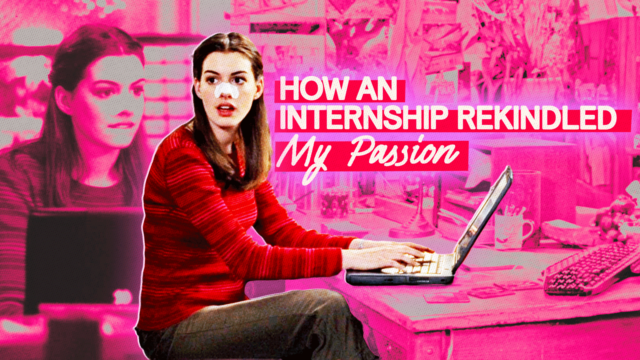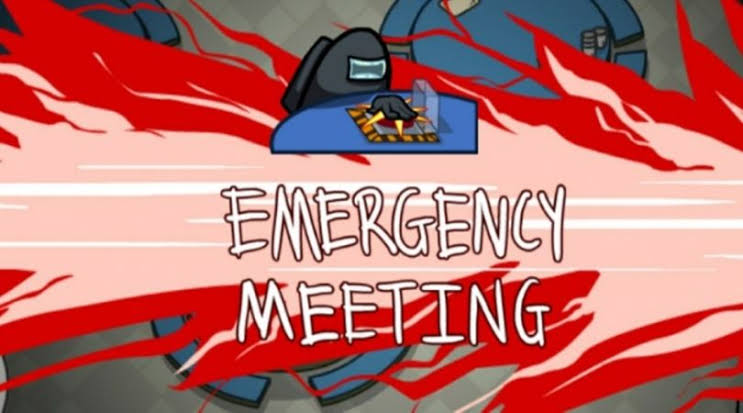Doubts kill more dreams more than failure ever could.
I used to be a pretty confident kid. I was the type of person who loved performing on stage, singing in front of the whole school, and dancing as if I knew how to. Growing up, my family and friends validated me and gave me the boost that I needed to try new things.
RELATED: My Accomplishments Are Sus, Am I Experiencing Impostor Syndrome?
I studied at a Catholic school all my life and my mom closely raised me (almost) entirely on her own. Mostly living a sheltered lifestyle, it was when I entered college where I became exposed to a world that was bigger than me. There were people who wouldn’t think twice about humiliating or hurting me. And on occasions, I would realize that I wasn’t as good as I made myself out to be.
That’s when my doubts started to take over my life.
I lost my friends at the end of freshman year. They said I was too bubbly, laughed too hard, and was too immature. Everything I liked about myself became an insecurity.
I was so conscious about what people thought of me to the point that I would hide from my professors during recitation in fear of saying the wrong answer, I started doubting my writing because I felt like it wasn’t good enough for journalism, I quit chorale because my voice wasn’t as powerful as I had thought. The things that I was so sure about no longer inspired me. Up to this day, I still struggle with the same insecurities. At work, I would second-guess my skills, overthink before responding to messages, and I would get discouraged writing because I felt like my self-worth was measured by numbers.
I felt immobilized; like I couldn’t do anything right because I had so many negative introspections. Sometimes, I felt like an impostor even with my achievements and it made me realize that I gave up my aspirations and my passion, purely because I thought I wasn’t good enough.
This feeling reminded me of an encounter with my Anthropology professor back in college. He took recitations very seriously. He was intimidating, wise, and frankly terrifying. I skipped his classes despite wanting to learn from him because I was afraid that he would call me and I would say the wrong thing. Finally, a good friend noticed that I was avoiding his classes. She asked me to stay because we had a paper to turn in.
My worst fear (at the time) happened. He called my last name for a recitation. And as I read my essay in front of the whole class, the paper I was holding was shaking through my trembling hands. When I finished reading the essay, everyone fell silent. I couldn’t tell what was going on in my professor’s head—his deadpan eyes enough to make me return to my seat in shame. Did I get the assignment wrong? Did I misunderstand the lesson?
Then he started lecturing the class about self-doubt. How often times, we underestimate the power of our mind and the influence of our voice. He looked at me and told me that he would like to hear about my ideas in class more.
Recently, I had the same experience at work. Responding to work messages still gives me anxiety. Asserting myself feels like I’m being a push-over, and with the work-from-home set-up where all means of communication are through texts and emails, it’s easy to be misunderstood. But I’m grateful to have a team that believes in me, supervisors who see my potential, and a family that supports my decisions. I realized that the only one stopping me from pushing myself further is me.
To this day, I’m still working on getting my confidence back up, but I don’t want to feel entrapped by my worries when there are so many opportunities out there. I want to be able to face a challenge with a brave face on and confidently say: I can do it.
I know I’m not the only one who struggles with self-doubt. Sometimes we become so obsessed with not committing any mistakes that we end up not being able to make room for growth. We are so caught up with being accepted and validated that we forget to live for ourselves. It should be okay to be wrong, it should be okay to feel good about the things you love, and it should be okay to not overthink all the time. Do the things you want to do no matter how daunting it may seem. And if at the end of the day, things still don’t go as planned, give yourself a pat on the back for being brave enough to try.









